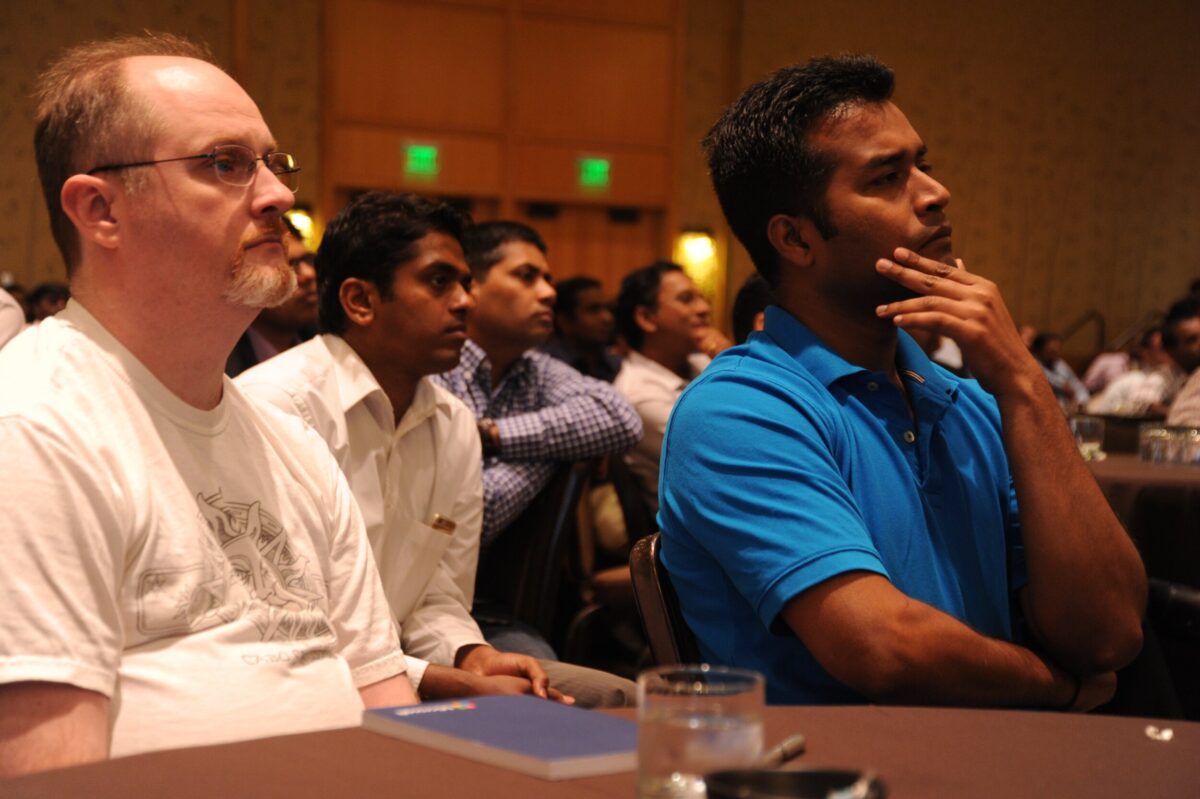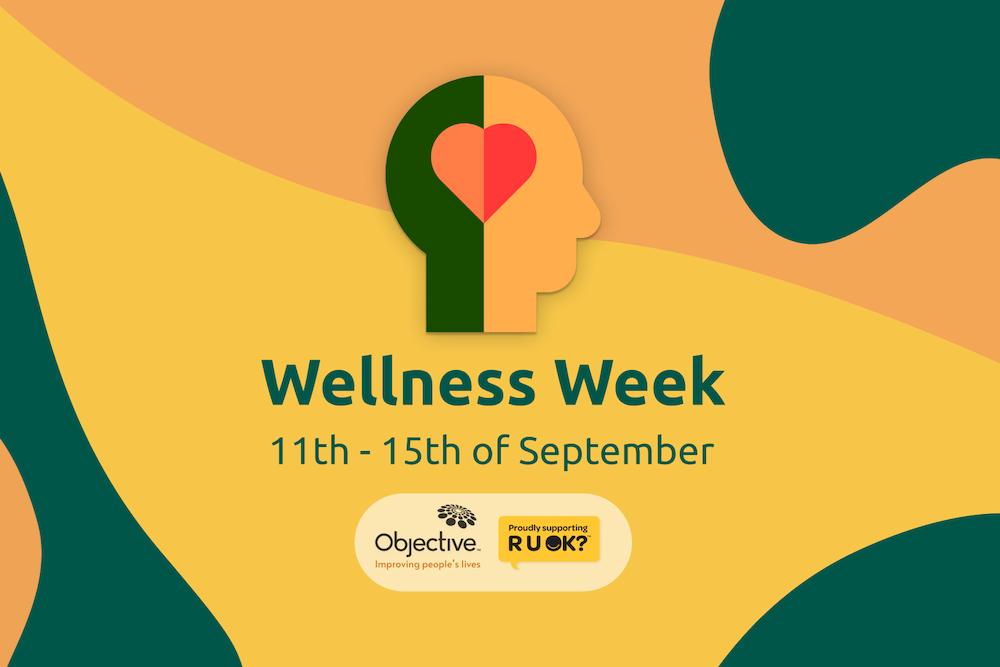At Objective Experience, most of the heavy lifting we do comes in the form of quantitative and qualitative research. However, prior to all of this, there’s a requirement to build scope for a project and discuss the different types of research available and when, how and why it might be used.
We’re going to cover the primary forms of qualitative research, and some considerations for when you might use them. Since our work is under confidentiality agreements, any examples won’t be named or related to a specific project.
What research methods should you use and why?
___________
Phenomenological Research
At a very high level, this is a descriptive study of the way a person, or a group of people, consciously experience a phenomenon. This might be something such as wanting to share an interesting article or having an online cart refresh and lose your purchases. It can also include the experience of a specific emotion such as rage, jealousy or happiness.
How do we navigate this as a UX Researcher?
Typically done through an in-depth interview, the moderator has the participant dedicate their full attention to the experience and to describe it from memory, or as they experience it. As researchers, we ask probing questions to better uncover the variables that might be present when experiencing the stimulus. These questions help us identify anything that might influence the experience or their perception during the experience.
An example of when we might employ this form of research is when we’re trying to understand how people subjectively experience situations from their lived experience. A scientific example is a 2008 study by Dianne Fochtman on children with pediatric cancer.
“Only when clinicians truly understand the meaning of this illness to the child, can they design nursing interventions to ease suffering and increase the quality of life in children and adolescents with cancer”.
How do we understand the importance of the information?
We need to look for significant statements that are relevant to the phenomenon being studied. When analyzing the interview responses, we should ask ourselves this:
-
Is the response descriptive of the experience?
-
Is the statement meaningful to the participant when expressing their experience?
An important consideration is to ensure that reporting is descriptive, not interpretive. The significant statements can inform us of their lived experiences, and help us better understand the phenomenon in the mind of the participant.
Then we look to validate
As a researcher, we need to ensure that the interpretive validity of the research is strong. When referring to interpretive validity, it’s making sure that we report meanings of objects, events or behaviours from the perspective of the participant. We might look at body language, tone or behaviour to validate what we’re reporting. If a participant dislikes the language in a piece of content and displays furled eyebrows or a frown, it can support our inferences that a piece of content doesn’t resonate and may contribute to a feeling of frustration in the participant.
Ethnography
Ethnography at its highest level is the discovery and description of the culture of a group of people or a cultural event. Ethnography in UX isn’t so hard and fast, however, and when talking about cultural groups, we start to look at user groups and demographics. The traditional responsibility of an ethnographer is to observe and document the cultural characteristics. In our research, we often observe participants in their natural environment, and this is typically through a contextual inquiry or participant observation.
How do we execute this form of research and why?
When scoping a piece of research, we typically consider the channels involved and if there is potential for external variables to influence the research. Consider a professional day trader; they might have a number of different pieces of software they use, a specific technical setup and peripherals that can influence his workflow. Observing the location where their trading activities occur can inform behaviours that might otherwise not exist in the context of an interview.
Doesn’t observation alter behaviour?
Biases are important considerations when observing participants completing a task or in their natural environment. It is crucial to address and account for bias being present when reporting observations and findings as it has the potential to confound the findings of your research.
Across most projects, budget and timeline are important considerations when it comes down to planning a research method, so more often than not, there isn’t the ability to introduce a control group. The best way we can produce a true insight or observation is to reduce participants awareness they are being observed. As research requires consent and ethical consideration, an effective way to achieve this is through the comparison of analytics tools e.g. Hotjar or even Google Analytics.
These are just some of the research methods that we use at Objective Experience and when you might use them. Reach out to us to learn more about how we might partner for your next project and what we can achieve together.
Check out our listing on DesignRush professional agency network.







